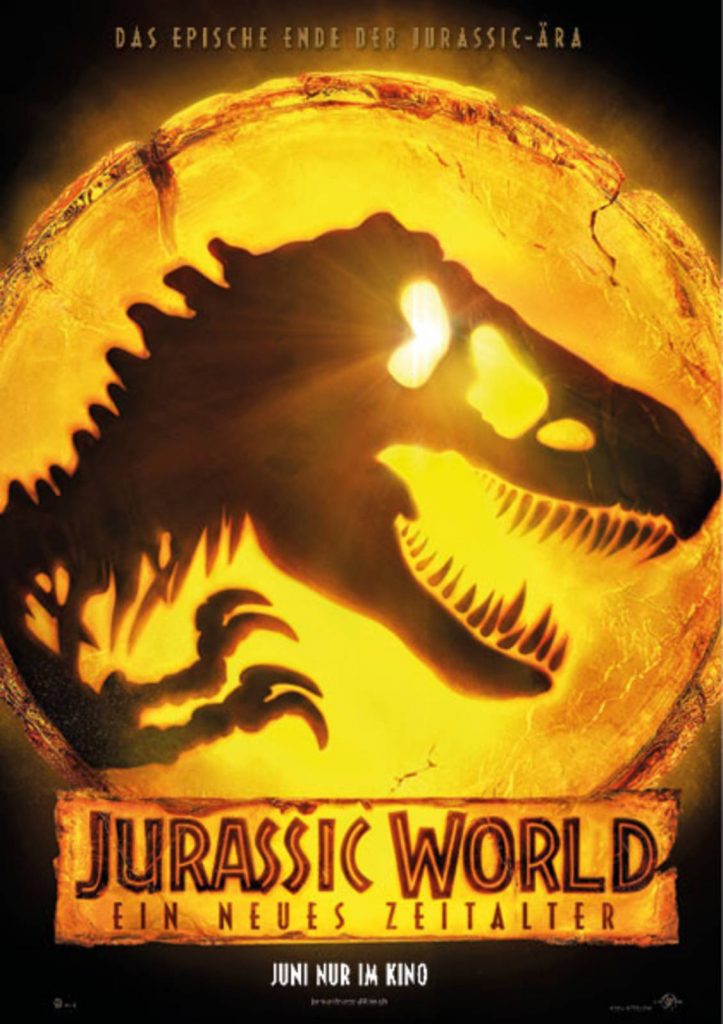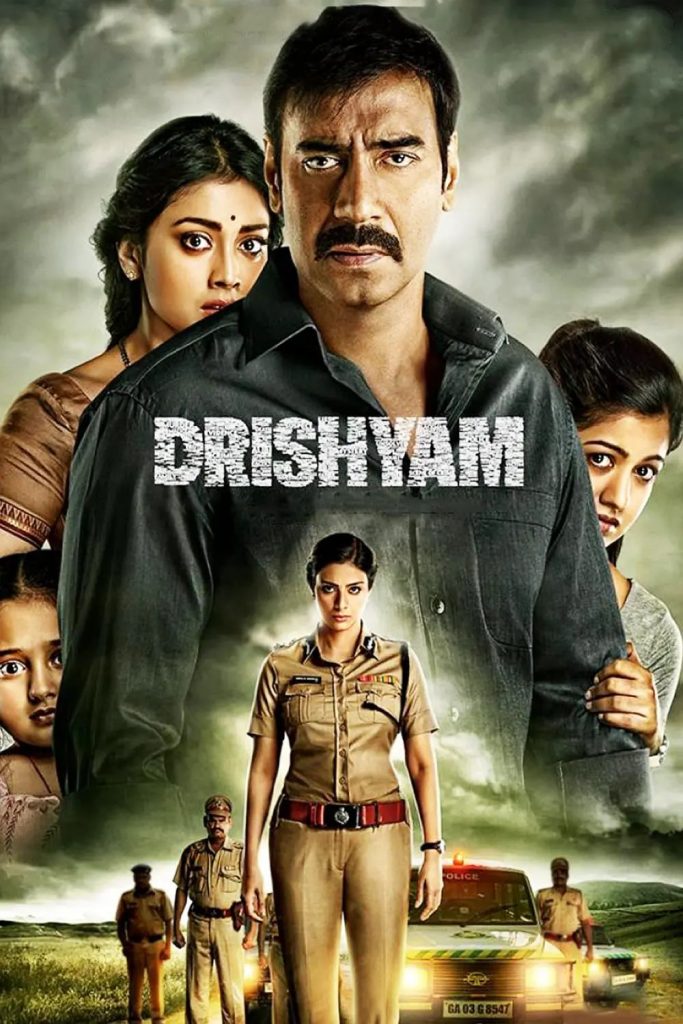ARGO won the Oscars for Best Picture, Best Adapted Screenplay and Best Editing in 2013. The film was directed by Ben Affleck, whose face is suitable for an actor, but whose talent as a director and editor is more recognised. The last film for which he won the Oscar for Best Original Screenplay, as you may remember, was The Mindhunter, which he co-wrote with Matt Damon.
ARGO tells the story of Affleck as a CIA agent who disguises his identity to infiltrate politically troubled Iran and rescue several US embassy staff. It sounds like a Hollywood heroic film, but the big draw of this film is that the story is based on the Iranian hostage crisis in the United States, an event of international concern in the last century.
The title of the film is also derived from the ARGO rescue plan, which was officially declassified until this century. The fact that it is based on a famous international political rescue makes the film much more watchable. The biggest thing that many viewers felt during the film was that it was tense. Yes, and from the beginning to the end. If you can’t imagine what it’s like to have your heart still hanging in your throat at the last minute, then let’s hear the plot from Ten O’Clock.
In 1979, Iran’s internal revolution reached its peak. Radicals across the country were protesting against the US for harbouring the former Shah of Iran and demanding his extradition to face trial. As things got worse, the radicals violently stormed the US embassy in Tehran and took more than 50 staff members hostage, forcefully threatening the US with measures. The embassy was filled with civil servants who were completely defenceless against the violent gunmen. The embassy’s military escort did not dare to provoke a direct confrontation either. In the heat of the international conflict, the situation would have been out of hand. The only thing the staff could do was to destroy all the documents in the embassy before the last door was broken down. And then meekly fold their arms. So, in the last hour, the shredders destroying the documents ran fast until they burned, and even the visa stamps were smashed without hesitation. As many people know, embassies abroad enjoy national territorial-level protection. But when violent elements ignore this political consensus, embassy personnel are tantamount to being exposed to the slaughter of an enemy state. That’s when six staff members stole away and hid in the home of the Canadian diplomatic ambassador.
Unbeknownst to them, the Iranian revolutionaries had not yet dared to act rashly against the embassy hostages held under international scrutiny. But for Americans exposed on the streets, they could just find an excuse to shoot them on the spot. These six men are therefore in the greatest danger. It is imperative that the US government gets them out first.
The difficulty in rescuing them was that they could not be forcibly attacked by the army because it would anger Iran. They could only be moved out of the country without the Iranian Revolutionary Army noticing. But because the foreign faces were so conspicuous, without a reasonable identity and excuse, if discovered, the six Americans could easily be shot outright as spies in the circumstances. As the situation became more and more critical, officials at the US government’s rescue meeting came up with more unconvincing proposals than any other. It was suggested that they should pose as journalists, but the identity of journalists was too sensitive. Someone suggested posing as an English teacher at an international school, but all international schools in Iran had long since closed. It was suggested that the six men should be driven by bicycle to the border, but Tehran is 300 miles from the Turkish border. After all the various proposals, none of them worked.
Finally, Tony Mendez, a secret rescue agent played by Ben Affleck, came up with one that sounded even more outrageous. He suggests that it could be posed as a sci-fi film production team. Make a movie? Does that sound unserious? But Tony was thinking about it in some way. Because Hollywood should have some visibility in Iran. The motive for filming on location in exotic Iran also sounded more reasonable. In fact, in the critical situation at the time, there shouldn’t have been an option that sounded 100 per cent reasonable.
So Tony enlisted Hollywood bigwig Lester and Oscar-winning screenwriter John Chambers to work together on planning the rescue scenario. First, it was important to make the film team look absolutely authentic. So they set up a quick film studio and kept it up and running until the rescue was over. It only makes sense to make a movie with a script, so they literally bought the rights to a science fiction script. The name of this script was ARGO.
To reinforce the credibility of the film, they even held a film launch event and invited many TV and magazine media outlets in a desperate attempt to enhance the film’s global exposure. It was only after these preparations were completed that Tony set foot on Iranian soil to begin the official rescue. The whole rescue plan was for Tony to enter Iran as a Canadian filmmaker, bring his pre-made Canadian passport to the six people at the embassy, and then leave Iran on a plane as a film crew of seven at that time.
Sounds like a simple process, but how is a foreigner with no record of entering the country going to leave? And at a time when the whole of Iran is being sensitively screened for foreigners. And to leave on a plane in the open requires that their disguised identities are 100% credible and that the revolutionary forces on the street believe them. Every step in such an obviously risky plan could be the last. Tony actually had no idea in his mind, but regardless, the rescue was officially underway. One of the first things Tony did when he arrived in Iran was to visit the country’s Ministry of Culture to obtain approval for the filming of the movie. This was the first hurdle in getting certification for their disguised film production team.
Luckily the Ministry of Culture is happy to do so, but unexpectedly asks to take the film crew on a tour of the city streets. At this point it had only been a night since the six men had gotten their new identities, and they needed to show nothing in front of the Ministry of Culture officials. An even greater difficulty was that the group of Western-faced foreigners were surrounded on the streets by a group of Iranian passers-by who were hostile to the United States, a great adventure in itself. Sure enough, along the way they saw all sorts of unfriendly huddles and bodies hanging by cranes in the street. When they returned outside, the six men were terrified. They began to question the plan to leave from the airport the next day. There was infighting on one side and a surprising call from the US government on the other that the plan was cancelled …… because if they were caught and shot at the Canadian ambassador’s house, it would attract international sympathy. But it would be a disgrace to the US if and agent disguised as a film shooter was caught exposed at the airport. On this, Tony had a hard time accepting. For if he left, the fate of the six men was unthinkable. So he decided to get the mission done himself. But lacking official US support, they faced more unexpected difficulties when they arrived at the airport the next day. The tickets booked by the US government could not be issued because the plan was cancelled. When they left the country, the Immigration Department could not find the entry records of the six men. When they managed to reach the boarding gate, they were surprisingly stopped for questioning again. The Revolutionary Army called the film studio to investigate, but the phone was not answered. Meanwhile, the list of people whose embassies had been crushed was being pieced together and completed. The Revolutionary Army discovered that six people had escaped and immediately contacted the airport …… ringing the bell, step by step …… Ten Point Jun’s heart was still gripped together when he saw the last ten minutes. Not much drama about the specific ending, you can go see for yourselves. The actual fact is that the screenplay is based on a real-life incident, and the screenwriter’s adaptation makes the whole film tightly paced and tense, so it’s definitely enjoyable to watch in one sitting.
Although the political atmosphere throughout the film is strong and even quite American melodramatic. However, the screenwriter’s flirtation with American officialdom, the balanced presentation of American and Iranian political views, and the darkly humorous treatment of the Hollywood film industry balance out any lopsided stance that might have been created. Some people also feel that ARGO has gained so much industry recognition, mainly because the film relies on the making of a film in the name of rescue, which simply makes the Hollywood film industry proud. Perhaps that’s not unreasonable. But when the end of the film shows a picture of the real historical figures corresponding to the characters in the play, all viewers will realise that this seemingly implausible rescue plan did actually happen. A group of people were really in such a dangerous situation, trying to find a way to get home. And those who failed to escape, another fifty or so embassy hostages, were held by the revolutionary forces for 444 days.
They showed us that peace is really valuable.













